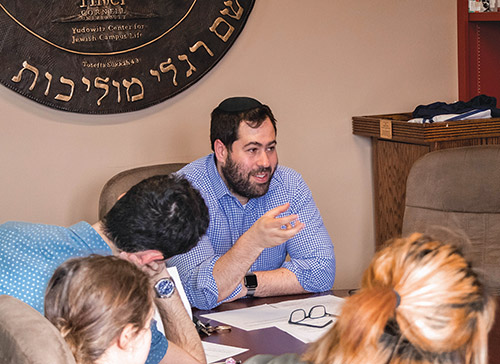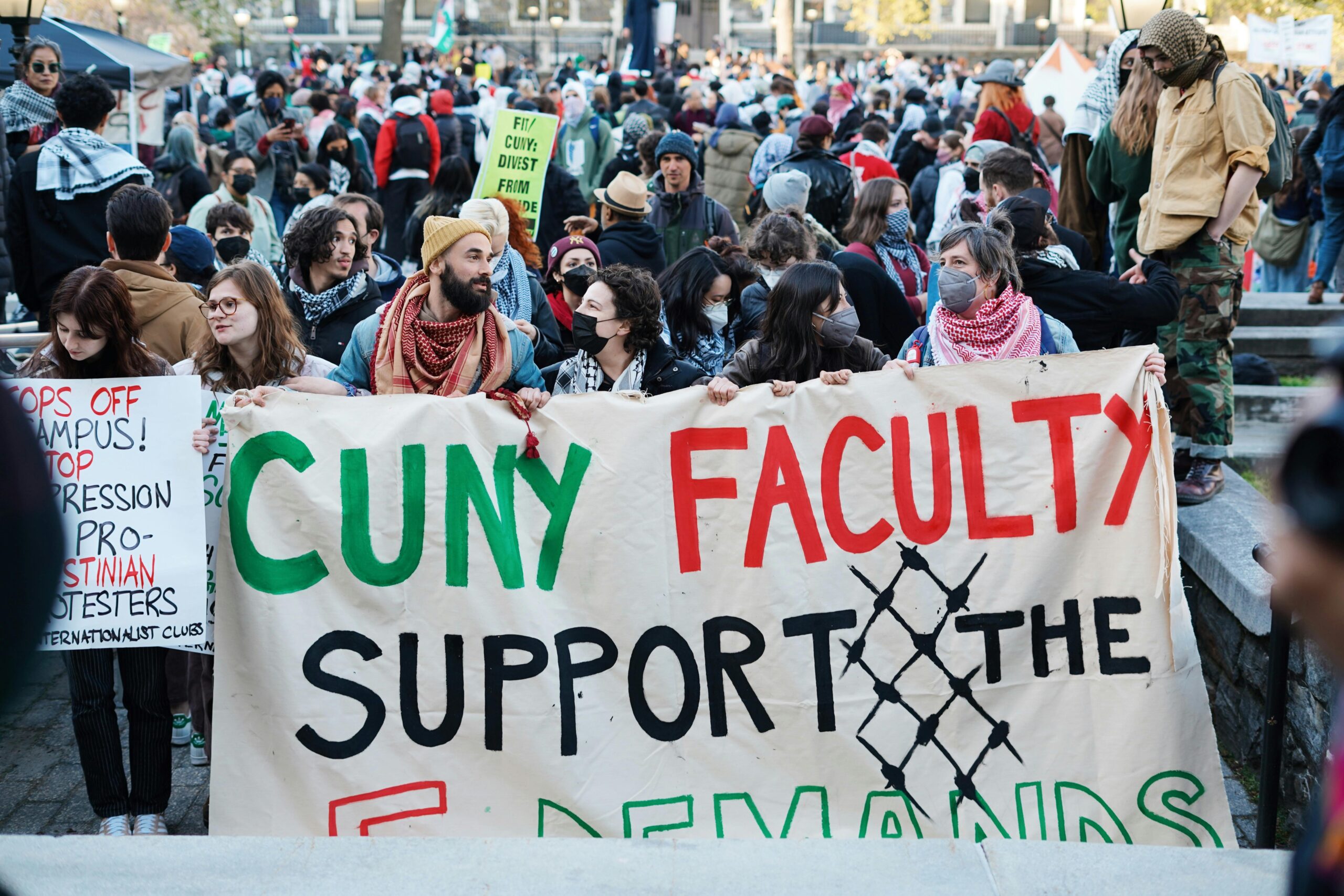



(Courtesy of YCT) Yeshivat Chovevei Torah has been training and placing Modern Orthodox rabbis for 20 years and now has over 130 rabbis serving in the field! Some know it for its groundbreaking curriculum of Torah, Halacha, pastoral counseling and professional training. But what it is truly known for is its musmachim, the YCT rabbis who are serving in the field. These rabbis are innovative, engaging, passionate and non-judgmental, and they are able to connect equally to the Orthodox and non-Orthodox alike. They are at the forefront of what is exciting in the Modern Orthodox world and are widely known as superstars of the rabbinic field. YCT is truly—to quote its tagline—setting the standard in rabbinic leadership.
To honor the superstar musmachim, YCT has been running a campaign this year called “20@20” featuring 20 alumni for its 20th year. For each year, a different alumnus is featured, with descriptions of his major accomplishments and with quotes from his congregants, lay leaders or colleagues, which are gushing with praise.
Now it is about to host its gala dinner, on Sunday, March 15, celebrating 20 years of training and placing rabbis, and serving as religious leaders for Klal Yisrael. YCT will highlight its musmachim who are working on the college campus. Rabbi Ben Berger, vice president for Jewish education, Hillel International, will be recognized as the alumnus of the year, and the keynote speaker will be Eric Fingerhut, past president and CEO of Hillel, and currently president and CEO of Jewish Federations of North America.
Why the focus on campus? That’s where the Jews are, and that’s where rabbis are so desperately needed. It is on these campuses Orthodox youth are likely to first face the complexity of religious life in a largely secular society, and where there are many forces that could pull them away from a religious life.
“For many Orthodox students college is the first time they’re exposed to the diversity of the American Jewish community, and it’s the first time they have to think about how to be in a community with people who don’t have the same ideological commitments as them,” said Rabbi Seth Winberg (YCT 2011), the executive director of the Brandeis University Hillel, the director of spiritual life and senior Jewish chaplain. Rabbi Winberg is one of a number of YCT graduates who have served on college campuses in a variety of capacities, having previously been a Hillel campus rabbi at the University of Michigan. He added that Orthodox students are placed in an environment where deciding how best to honor their religious commitments is not always simple or obvious.
It’s no surprise that YCT rabbis are well equipped to fill Hillel positions, as YCT has long seen itself as a rabbinical school able to advocate for an open, welcoming Orthodoxy. This type of Orthodoxy speaks to Jewish students of all backgrounds who are working out for themselves how they will fulfill their religious obligations in a largely secular setting.
Another YCT Rabbi, Rabbi Ari Weiss (YCT 2007), is the executive director of the Cornell Hillel and last year received Hillel’s Richard M. Joel Exemplar of Excellence Award. He has expanded the reach of the Cornel Hillel, working with the university’s senior administration and other stakeholders. He credited YCT with giving him the tools “to meet college students where they are and to inspire them.”
Regardless of the challenges they may face, neither of the two rabbis sees any signs that the Modern Orthodox community is hesitant about having its children attend American universities. On the contrary, said Rabbi Weiss, parents are typically proud of their college-bound children. And the number of schools that have basic facilities, like kosher food, for observant students has increased, though other types of support for students can vary widely from campus to campus. Students now attend a wider range of colleges, with a wider range of needs and available resources.
All these issues, and others, will be addressed at YCT’s pre-dinner program, titled “Jewish Life on Campus: The Best of Times/The Worst of Times?” which the yeshiva hopes will draw the parents of young Jewish adults who will soon be undergraduates on American college campuses.
In addressing the challenges of college life, the yeshiva is continuing its tradition of leading with optimism and setting ambitious goals. The first of these goals is truly ambitious: to produce vision-oriented Orthodox rabbis who are not afraid to face the larger world and contemporary challenges, thanks to their personal character and the training, Torah and wisdom that they have received from their teachers and mentors. After 20 years, YCT can feel proud that it has more than achieved this goal.
Rabbi Dov Linzer, YCT president and rosh hayeshiva, said that YCT’s accomplishments to date are all built on its foundational belief that “it is able to be taken out from the beit midrash and brought into the larger world. It is strong enough to confront the challenges of today. These do not present a threat to Torah; they present Torah with an opportunity to grow and expand.”
At the dinner, Rabbi Dov Linzer, will be giving a talk entitled: “YCT 2.0: The Vision for the Next 20 Years.” This talk will map the course of YCT for the years ahead, and insiders are whispering that this new direction has been in the works for a good number of months now, and the word is that the yeshiva is in for a significant growth period ahead. Perhaps the dinner’s focus on the campus contains a clue as to where the yeshiva will be heading.
For the past 20 years, YCT rabbis have worked in synagogues, Jewish day schools, the college campus and in the health care system, as chaplains. In all these settings, YCT rabbis have brought their Torah and welcoming, non-judemental approach, thereby significantly impacting American Jewish life. We excitedly look forward to YCT’s outstanding contributions in the coming decades.













